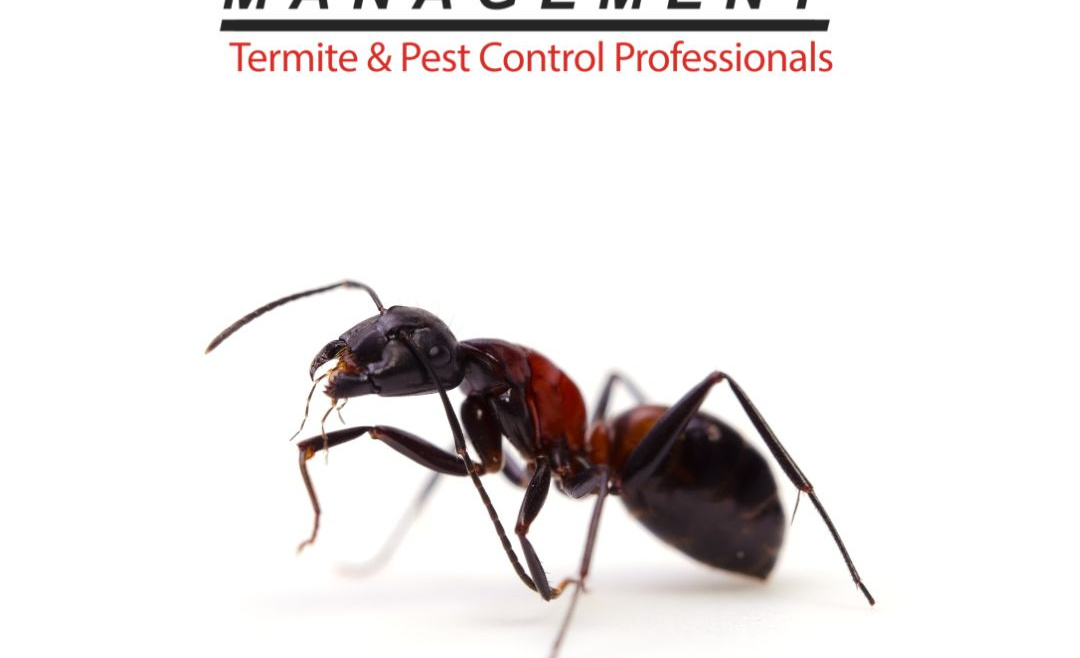Ants are one of the most common pests that invade homes and gardens in California. They can be a nuisance, invading your food, damaging your property, and even causing health problems. If you’re struggling with ants in your home or garden, there are steps you can take to prevent them from invading. In this article, we’ll cover everything you need to know about California ant prevention, including the types of ants you might encounter, the reasons they invade, and practical ways to keep them away.
Types of Ants in California
There are many species of ants in California, and each one has different behaviors and preferences. Some of the most common types of ants you might encounter in your home or garden include:
- Argentine ants: These ants are light to dark brown and can be found throughout California. They tend to form large colonies and prefer to live in moist environments.
- Odorous house ants: These ants are small and brown, and emit a strong, unpleasant odor when crushed. They prefer to live in warm, moist environments, and are often found in kitchens and bathrooms.
- Carpenter ants: These ants are larger than other species and can be black, brown, or red. They are known for damaging wood structures, and prefer to live in damp, decaying wood.
- Fire ants: These ants are reddish-brown and can deliver painful stings. They prefer to live in warm, dry environments, and can be found throughout California.
Why Do Ants Invade Homes and Gardens?
Ants invade homes and gardens for a variety of reasons, including:
- Food: Ants are attracted to food and will invade homes and gardens in search of it. They can detect even the smallest crumbs, and will form large colonies around a food source.
- Moisture: Many species of ants require moisture to survive, and will invade homes and gardens in search of it. They are attracted to damp areas, such as kitchens and bathrooms.
- Shelter: Ants will often invade homes and gardens for shelter from extreme weather conditions, such as heat waves or heavy rain.
Signs of an Ant Infestation
If you have an ant infestation, you might notice some of the following signs:
- Ant trails: Ants will leave trails of pheromones to help other ants find food sources. If you see a line of ants moving back and forth, you might have an infestation.
- Ant hills: Some species of ants, such as carpenter ants, build nests in wood structures. If you see small piles of sawdust or wood shavings, you might have a carpenter ant infestation.
- Damage to plants: Ants can damage plants by feeding on them or by farming aphids for their honeydew. If you notice plants with holes in the leaves or sticky residue, you might have an ant problem.
Prevention Tips for Ants
The best way to deal with an ant infestation is to prevent it from happening in the first place. Here are some prevention tips:
- Clean up food spills immediately: Ants are attracted to food, so make sure to clean up any spills
- Store food properly: Ants can easily get into containers and packages, so store your food in sealed containers or in the refrigerator.
- Keep your home clean: Ants are attracted to crumbs and spills, so make sure to clean your home regularly and thoroughly.
- Seal cracks and holes: Ants can enter your home through tiny cracks and holes, so seal them up with caulk or weather stripping.
- Fix leaks: Ants are attracted to moisture, so fix any leaks in your home to prevent ants from being attracted to the dampness.
Natural Remedies for Ants
If you prefer to avoid using chemical pesticides, there are several natural remedies that can help repel ants:
- Vinegar: Mix equal parts water and vinegar in a spray bottle and spray it around your home to repel ants.
- Lemon: Squeeze lemon juice around doorways, windowsills, and other entry points to keep ants away.
- Cinnamon: Sprinkle cinnamon powder around your home to repel ants.
- Borax: Mix equal parts borax and sugar and place it in a shallow dish. The sugar will attract the ants, and the borax will kill them.
How to Get Rid of Ants in Your Home and Garden
If you already have an ant infestation, there are several ways to get rid of them:
- Bait stations: Place bait stations around your home to attract ants, and when they take the bait back to their colony, it will kill them.
- Diatomaceous earth: Sprinkle diatomaceous earth around your home to kill ants. It works by cutting their exoskeletons, causing them to dehydrate and die.
- Vacuum: Use a vacuum cleaner to suck up ants and their nests.
- Hot water: Pour boiling water on ant hills to kill the ants.
Using Chemical Pesticides to Kill Ants
If natural remedies don’t work, you can use chemical pesticides to kill ants. However, be sure to follow the instructions carefully and keep them away from children and pets.
Benefits of Professional Ant Control Services
If you’re struggling with a severe ant infestation, it may be best to hire a professional ant control service. They have access to stronger pesticides and have the experience to handle the situation safely and effectively.
How to Prevent Ants in Your Home and Garden for Good
The key to preventing ant infestations is to make your home and garden less attractive to them. Here are some additional tips:
- Keep your yard clean: Remove debris and clutter from your yard to reduce places where ants can hide.
- Trim trees and shrubs: Ants can use branches to get into your home, so keep trees and shrubs trimmed back.
- Use mulch sparingly: Mulch can provide a moist environment that ants love, so use it sparingly.
- Check your plants: Inspect your plants regularly for aphids and other insects that ants might farm for their honeydew.
Common Myths About Ants
There are many myths about ants that can lead to ineffective ant prevention methods. Here are a few:
- Vinegar repels all ants: While vinegar can repel some species of ants, it won’t work on all of them.
- Borax is safe for pets: Borax can be toxic to pets if ingested in large quantities.
- Pesticides are always the best option: Pesticides can be harmful to the environment and should only be used as a last resort.
Frequently Asked Questions
- What is the best way to prevent ants from getting into my home?
- Keeping your home clean and sealing up cracks and holes can help prevent ants from getting into your
- Are natural remedies effective for getting rid of ants?
- Yes, natural remedies can be effective in repelling or killing ants. However, they may not be as effective as chemical pesticides in severe infestations.
- Is it safe to use chemical pesticides to kill ants?
- Chemical pesticides can be harmful if not used properly. Always follow the instructions carefully and keep them away from children and pets.
- How can I tell if I have an ant infestation?
- You may notice ants in and around your home, particularly near food sources. You may also see ant hills in your yard or garden.
- How often should I inspect my home for ants?
- It’s a good idea to inspect your home for ants regularly, particularly in the spring and summer when ant activity is highest.
Conclusion
Ants can be a frustrating and persistent problem for homeowners in California. By following these tips for ant prevention and using natural or chemical remedies as needed, you can keep your home and garden free from ants. Remember to stay vigilant and take action quickly if you notice an infestation, and don’t be afraid to seek professional help if needed.







